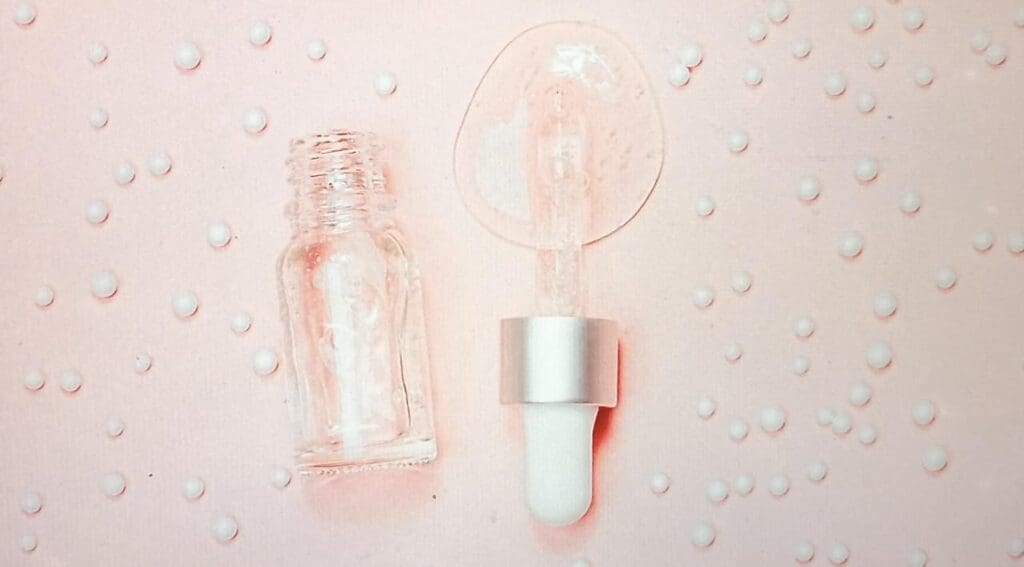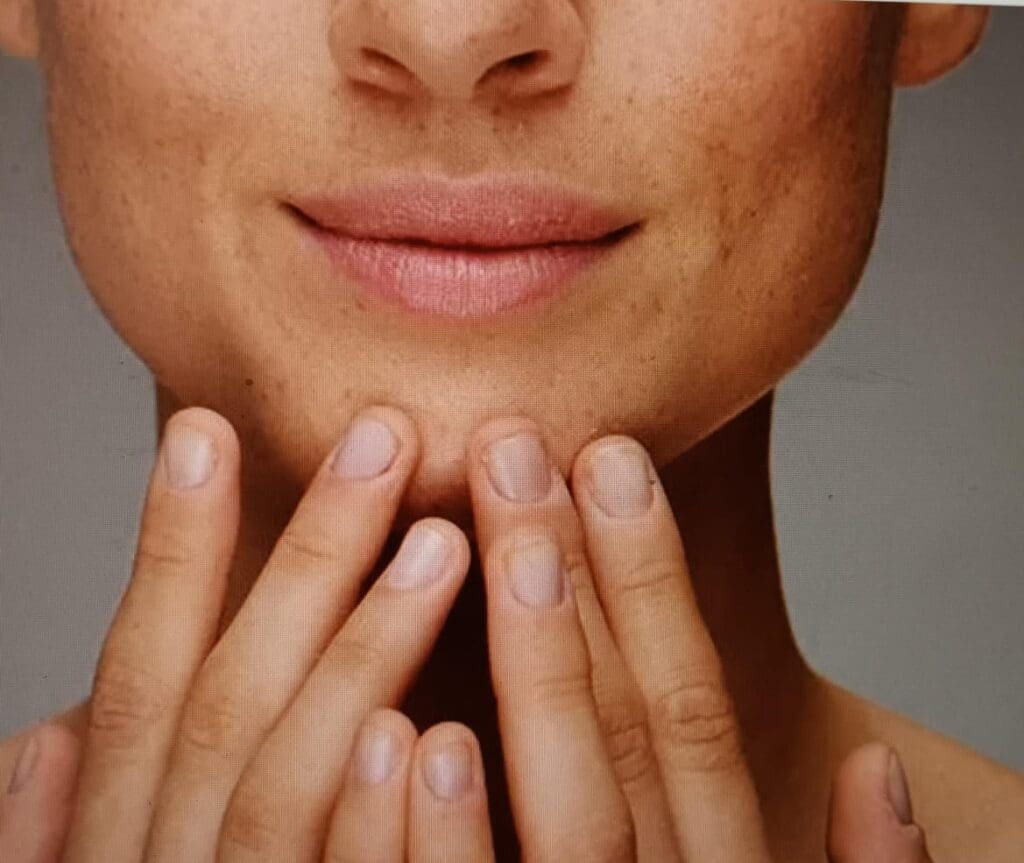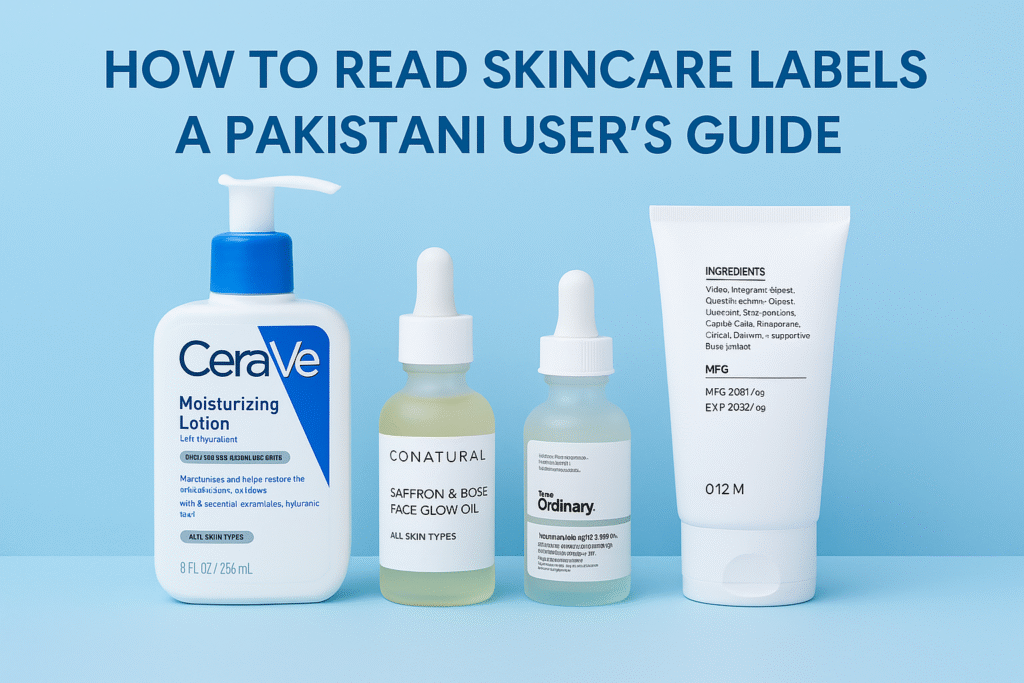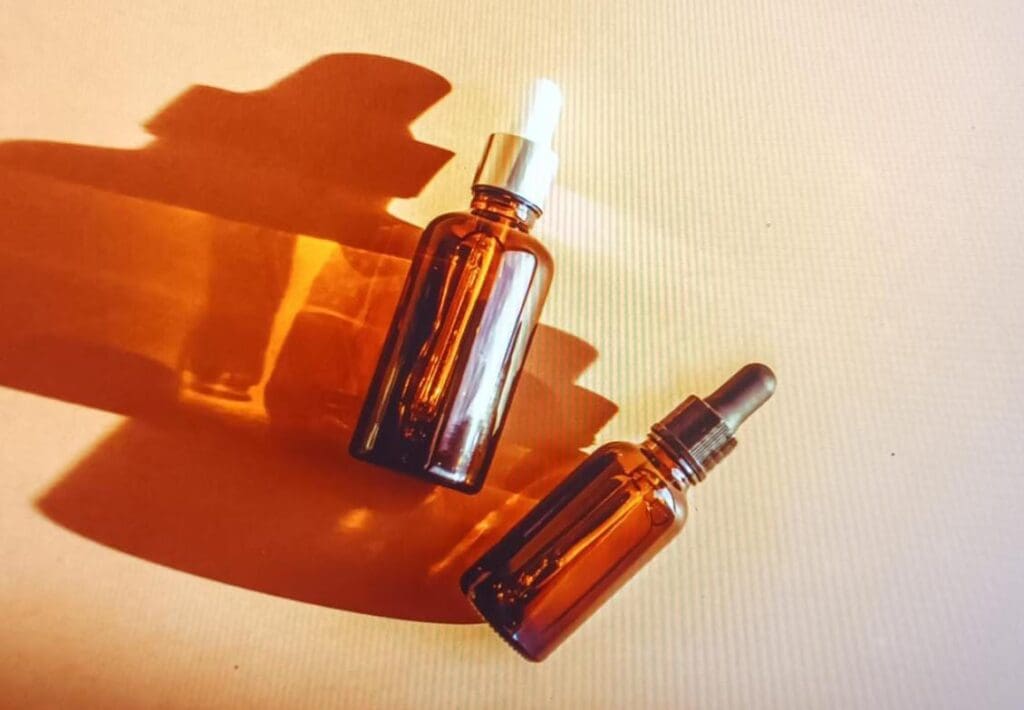
Moisturizer for Your Skin: Benefits, Types, and Proper Use
The key to radiant, healthy skin lies in one essential product: moisturizer. No matter your skin type—be it dry, oily, or sensitive—neglecting moisturizer can leave your skin prone to dryness, irritation, and premature aging.
Understanding how moisturizers work, their ingredients, and how to use them properly can transform your skincare game and keep your skin glowing and hydrated all year round.
Let’s dive into why moisturizer is non-negotiable and explore everything you need to know about this skincare staple.
What is a Moisturizer?
At its core, a moisturizer is a skincare product designed to hydrate and protect the skin.
Moisturizers prevent water loss from the outermost layer of the skin while replenishing hydration levels, making them vital for maintaining healthy, supple skin.
They come in various forms—creams, lotions, gels, and ointments—to cater to different skin types and needs.
Key Components of Moisturizers
Moisturizers typically contain three main types of ingredients:
Humectants: These attract water to the skin’s surface from the environment or deeper layers of the skin. Common humectants include glycerin, hyaluronic acid, and urea.
Emollients: These help smooth and soften the skin by filling in gaps between skin cells. Examples include shea butter, ceramides, and fatty acids.
Occlusives: These form a protective barrier on the skin’s surface to lock in moisture and prevent water loss. Common occlusives include petrolatum, beeswax, and lanolin.
Each ingredient type plays a unique role in keeping your skin hydrated and healthy, and the right combination depends on your specific skin needs.
Why Moisturizer is Essential for Every Skin Type
Dry Skin
Dry skin lacks natural oils, making it prone to flaking, roughness, and irritation. Moisturizers with rich emollients and occlusives help replenish the skin’s lipid barrier, soothing dryness and locking in moisture.
Oily Skin
Contrary to popular belief, oily skin still needs moisturizer. When the skin is dehydrated, it can overproduce sebum to compensate, leading to clogged pores and breakouts. Lightweight, non-comedogenic moisturizers with humectants and minimal oils are ideal for oily skin.
Combination Skin
Combination skin benefits from a balanced approach. Using a lightweight moisturizer that hydrates without overwhelming oily areas ensures both dry and oily zones are cared for.
Sensitive Skin
Sensitive skin often reacts to environmental factors and harsh ingredients. Gentle, fragrance-free moisturizers with soothing ingredients like aloe vera and colloidal oatmeal help calm irritation and strengthen the skin barrier.
Benefits of Using a Moisturizer Daily
1. Hydration: Moisturizers replenish water levels in the skin, preventing dryness and dehydration.
2. Strengthened Skin Barrier: A well-hydrated skin barrier protects against environmental aggressors, like pollution and UV rays.
3. Prevention of Premature Aging: Moisturized skin is less prone to fine lines and wrinkles, as hydration improves skin elasticity and plumpness.
4. Improved Skin Texture: Regular use of moisturizer softens rough patches, leaving the skin smooth and supple.
5. Enhances Absorption of Other Products: Applying moisturizer after serums, such as niacinamide or vitamin C serums, and other treatments helps lock in active ingredients, enhancing their effectiveness.
6. Soothes Irritation: Moisturizers with calming ingredients can reduce redness, itchiness, and irritation caused by dryness or sensitivity.
When and How to Use a Moisturizer
When to Apply Moisturizer
- Morning: Apply moisturizer after cleansing and toning to hydrate your skin and prepare it for sunscreen and makeup.
- Evening: Use a slightly richer moisturizer at night to help repair and replenish your skin while you sleep.
- After Showering: Moisturize immediately after a shower or washing your face to lock in hydration while your skin is still damp.
How to Apply Moisturizer
- Start with Clean Skin: Always cleanse your skin before applying moisturizer to ensure it can penetrate effectively.
- Use the Right Amount: A pea-sized amount is generally enough for the face. Adjust as needed for your skin type and the product’s texture.
- Apply in Upward Strokes: Gently massage the moisturizer into your skin using upward, circular motions to encourage absorption.
- Don’t Forget Your Neck and Chest: These areas are often neglected but require hydration just as much as your face.
How to Layer Moisturizer with Other Skincare Ingredients
If you use serums such as vitamin C, retinol, niacinamide, or hyaluronic acid, your moisturizer should always be the final step in your routine. This helps lock in hydration and seals the active ingredients from the serums you have applied, ensuring maximum effectiveness.
If you skip moisturizer after applying serums, your skin may not fully benefit from the active ingredients and could experience dryness, leading to a compromised skin barrier.
What if You are in a Hurry?
On days when you are pressed for time or skipping other serums, simply applying moisturizer is still essential. A good moisturizer provides hydration and helps maintain your skin barrier—so never skip it!
Moisturizer and Sunscreen: How to Layer
During the day, sunscreen is a must. If your sunscreen includes moisturizing properties (as many modern sunscreens do), you may not need a separate moisturizer.
However, if your skin is very dry or feels tight, apply your moisturizer first, let it absorb, and then follow up with your sunscreen.
How to Choose the Right Moisturizer for Your Skin Type
For Dry Skin
- Look for rich creams with occlusives like petrolatum and emollients like shea butter or ceramides.
- Humectants like hyaluronic acid can provide an additional hydration boost and help prevent wrinkles.
For Oily Skin
- Opt for lightweight, gel-based moisturizers labeled as “non-comedogenic.”
- Ingredients like glycerin and hyaluronic acid hydrate without adding excess oil.
For Sensitive Skin
- Choose fragrance-free and hypoallergenic products.
- Ingredients like niacinamide and colloidal oatmeal can soothe irritation.
For Combination Skin
- Use a lightweight, oil-free moisturizer that hydrates without feeling heavy.
- If needed, apply a richer moisturizer to drier areas, like the cheeks.
What Happens When You Skip Moisturizer?
Neglecting moisturizer can lead to:
Dryness and Flakiness: Without adequate hydration, skin can become rough and uncomfortable.
Compromised Barrier: A weakened skin barrier increases the risk of irritation and environmental damage.
Breakouts: Dehydrated skin may produce more oil to compensate, clogging pores and causing acne.
Premature Aging: Lack of hydration accelerates the appearance of fine lines and wrinkles.
Can Moisturizer Have Side Effects?
While moisturizers are generally safe, some potential issues include:
Clogged Pores: Using a heavy or comedogenic product on oily skin can lead to breakouts.
Allergic Reactions: Fragrances and certain preservatives can irritate sensitive skin.
Over-moisturizing: Applying too much can overwhelm the skin, leading to clogged pores and a greasy feel.
To avoid these issues, always choose a moisturizer suitable for your skin type and patch-test new products.
How Much Moisturizer Should You Use?
Using the right amount is crucial:
For the face, a pea-sized amount is usually sufficient.
Adjust the quantity based on the product’s consistency (lighter gels may require a bit more, while rich creams need less).
Don’t forget to extend the moisturizer to your neck and chest for comprehensive hydration.
DIY Moisturizers: Are They Worth It?
While DIY moisturizers can be fun and cost-effective, they often lack the sophisticated formulations of store-bought products.
Homemade blends may not provide the same balance of humectants, emollients, and occlusives, and they lack the preservatives needed for safety and longevity.
Conclusion
Moisturizer is a cornerstone of any effective skincare routine, offering hydration, protection, and support for all skin types.
By understanding your skin’s unique needs and choosing the right product, you can maintain a healthy, glowing complexion year-round. Whether you have dry, oily, sensitive, or combination skin, incorporating a high-quality moisturizer into your daily regimen is non-negotiable.
Invest in your skin’s health today, and enjoy the long-term benefits of hydrated, balanced, and
Frequently Asked Questions About Moisturizers
- Can I skip moisturizer if I have oily skin?
No, skipping moisturizer can cause your skin to overcompensate by producing more oil, leading to clogged pores and breakouts. Opt for lightweight, non-comedogenic moisturizers specifically designed for oily skin.
- How often should I apply moisturizer?
Moisturizer should be applied twice daily—once in the morning and once at night. You should also apply it after cleansing or showering to lock in hydration.
- Can I use the same moisturizer for my face and body?
While it’s possible, facial skin is more delicate than body skin. Body moisturizers are often thicker and may clog pores on your face. It is best to use products specifically formulated for your face.
- How do I know if a moisturizer is right for my skin type?
Check the label for keywords:
- For dry skin, look for “rich,” “nourishing,” or “hydrating.”
- For oily skin, choose “oil-free,” “lightweight,” or “non-comedogenic.”
- For sensitive skin, go for “fragrance-free” and “hypoallergenic” options.
- Should I apply moisturizer before or after sunscreen?
Always apply moisturizer first, then sunscreen. If your sunscreen has built-in moisturizing properties and your skin feels hydrated, you may skip the separate moisturizer.
- What is the difference between a cream, lotion, and gel moisturizer?
- Creams are thicker and ideal for dry skin.
- Lotions are lightweight and suitable for normal or combination skin.
- Gels are water-based and work well for oily or acne-prone skin.
- Can moisturizer prevent wrinkles?
Yes, moisturizers help keep the skin hydrated, improving elasticity and reducing the appearance of fine lines and wrinkles. However, for enhanced anti-aging benefits, look for ingredients like retinol, peptides, and vitamin C.
- Is it safe to mix moisturizer with other skincare products?
It is generally safe, but you should layer rather than mix products to maintain their efficacy. For instance, apply serums first, then seal them in with a moisturizer. Avoid mixing active ingredients like retinol with acids, such as glycolic acid or salicylic acid, as this combination can irritate the skin.
Related:
How to Choose the Best Moisturizer for Your Skin Type: A Complete Guide
7 Best Facial Kits In Pakistan For Radiant Skin

Education: University of Peshawar
Ahmad Khan holds a Master’s degree in Chemistry and has been writing about skincare for over five years. With a deep understanding of ingredients and their impact on the skin, he enjoys sharing practical, science-based skincare advice. When not writing, he loves playing with his kids.




